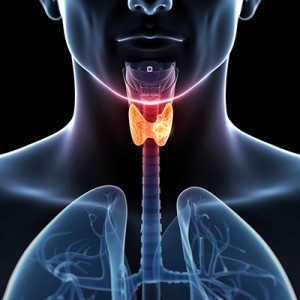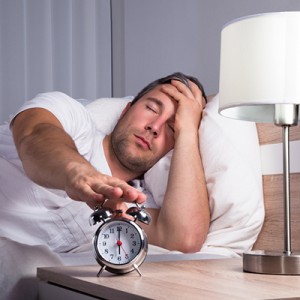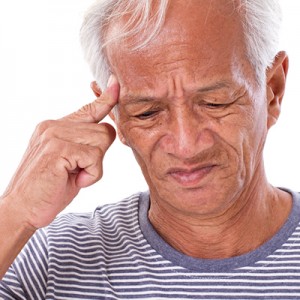Posted on Monday, December 12th, 2016 at 4:18 pm

After the accident, engineer Thomas Gallagher told investigators he had no memory of the crash. In fact, the last thing he remembers is looking down to see that he was traveling the appropriate speed (10 mph), and then blowing the horn and ringing the bell before pulling into the station.
Mr. Gallagher had undergone a physical in July, and was cleared to operate the train.
Jack Arseneault, Mr. Gallaghers attorney, told WCBS-TV in a statement:
“My client was diagnosed with severe sleep apnea just recently, during an examination by an expert that I arranged after the accident. Those results were forwarded to the NTSB on Oct. 31. The diagnosis made sense to Mr. Gallagher in light of the fact he couldn’t remember anything about the crash. The last thing he remembers was checking his speed at 10 mph and blowing the horn then ringing the bell as he approached the station.”
Unfortunately, this isn’t the first time that sleep apnea has been in the news regarding a train accident.
You may recall in 2014 that LIRR engineer William Rockefeller’s train derailed, killing four and injuring 70. It was later discovered that Mr. Rockefeller suffered from severe obstructive sleep apnea, and had admitted to accidentally nodding off shortly before the crash.
What are the signs of sleep apnea?

- Fatigue
- Daytime drowsiness
- Headache
- Brain fog or a feeling of disorientation
- Obesity
- Snoring
- Waking during the night struggling to catch your breath
And many more. For a more complete list of symptoms, visit our signs and symptoms page here (www.sleepbetterny.com/what-is-sleep-apnea/).
What treatments are available for obstructive sleep apnea?
Many people actually don’t seek treatment for sleep apnea because they believe the only treatment available is a CPAP machine with the mask. Fortunately, there have been significant advancements in treating obstructive sleep apnea, and other options are available.
At our office, we have found that many patients respond well to oral appliance therapy. This involves wearing a device that’s similar to a mouthguard to bed each night, which keeps the airway open.
Unlike CPAP the device is small, lightweight, less-intrusive, and much easier to travel with! If you think that you may be suffering from sleep apnea but have resisted seeking treatment, we think you may be very interested to see what oral appliance therapy can do for you.
What can I do to help?

However, maybe you aren’t experiencing these symptoms yourself but know someone who is (a spouse, friend, family member, coworker, etc.). Many people are unaware of how dangerous (and even deadly) sleep apnea can really become if left untreated.
If you know someone who is experiencing signs and symptoms associated with sleep apnea, we encourage you to talk with that person openly and candidly. It’s an easy conversation and maybe you can educate and encourage them to take an at-home sleep apnea test, as well.
We know how big of an underlying problem obstructive sleep apnea is in our society (as evidenced by the recent railway accidents), and want to do everything we can to help as many people as possible.